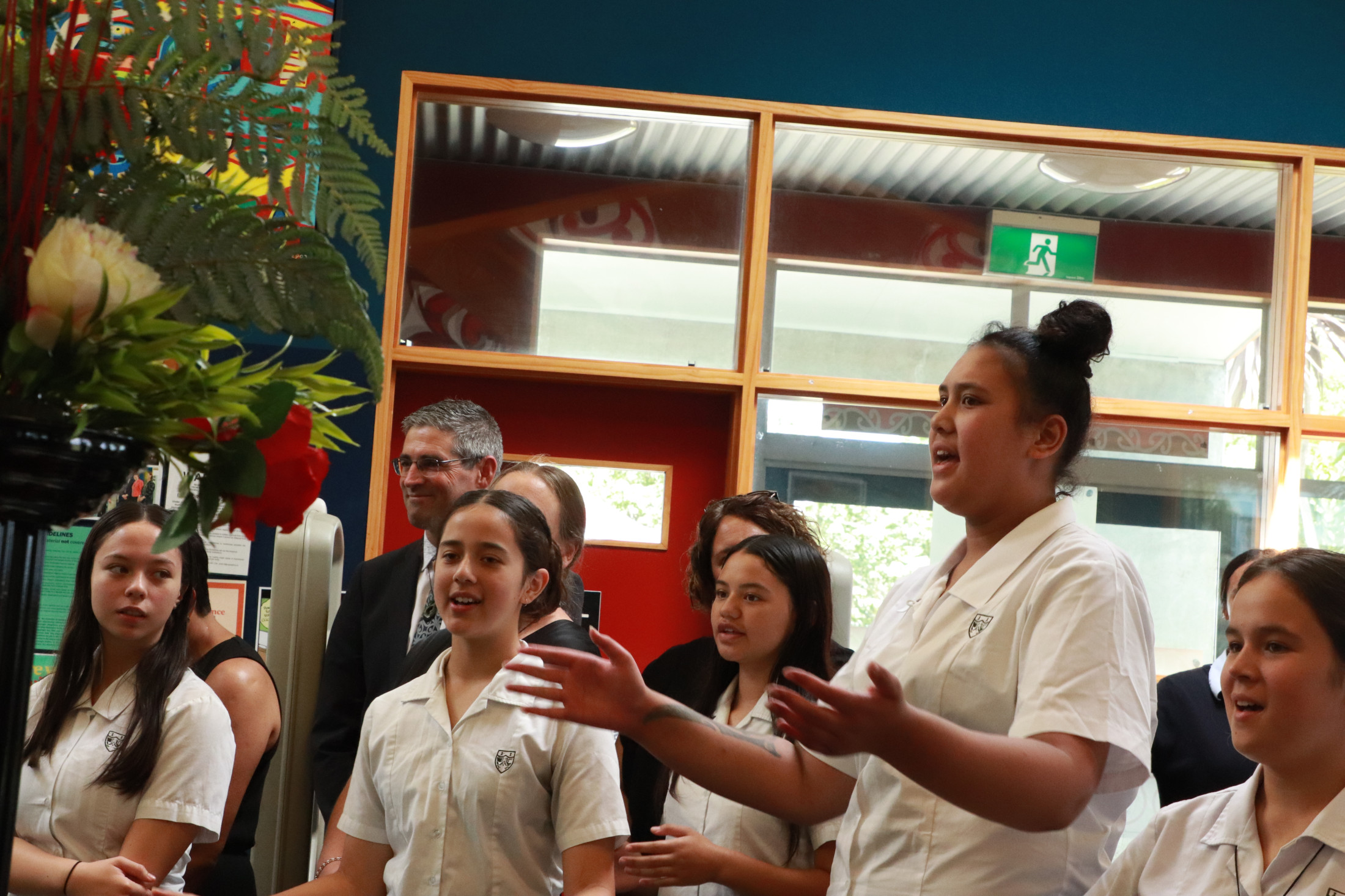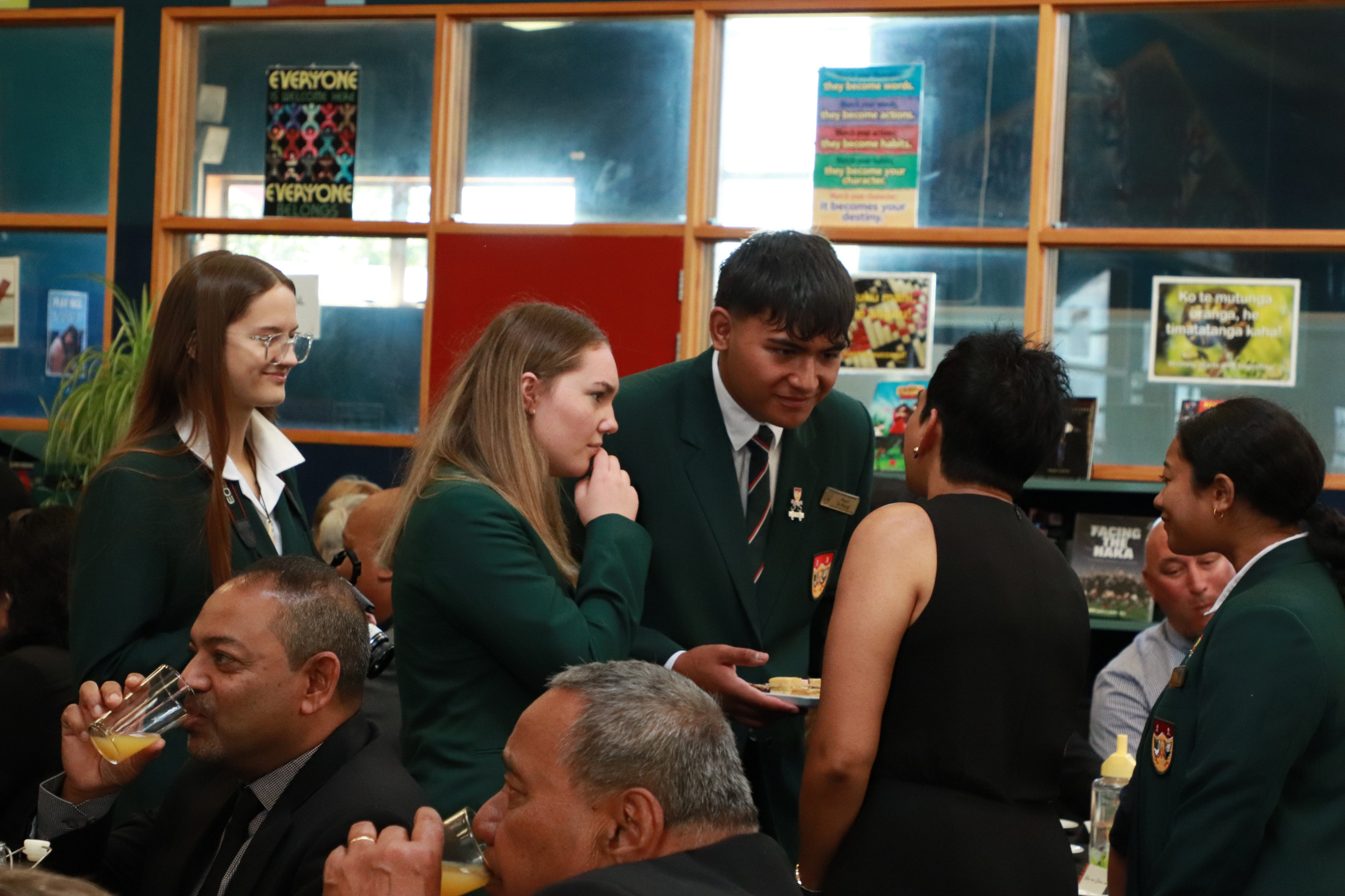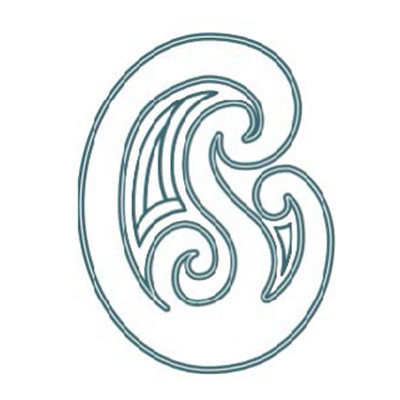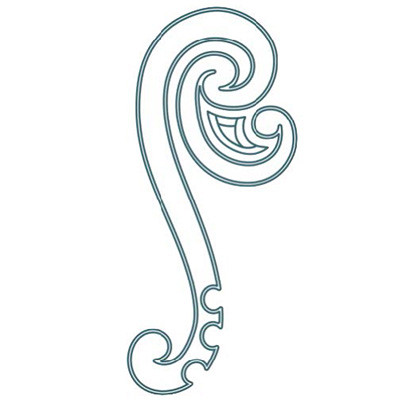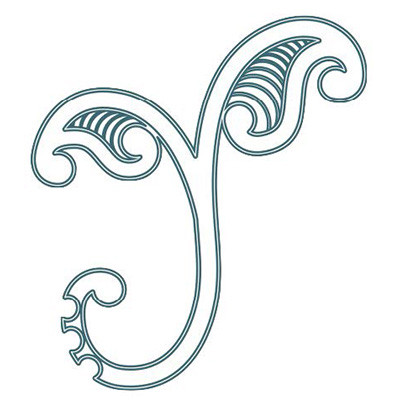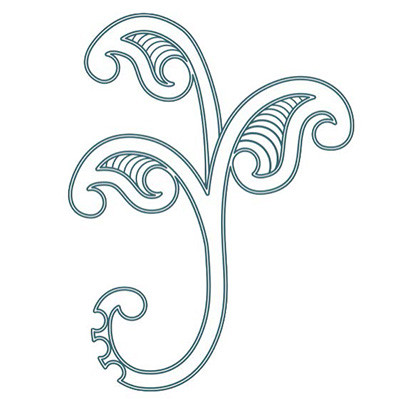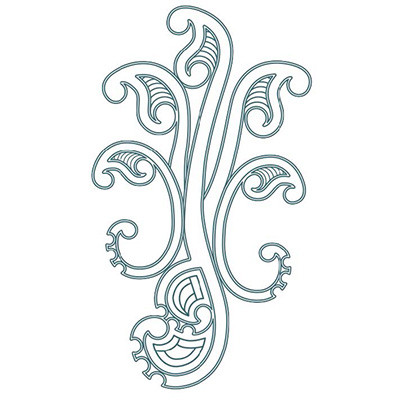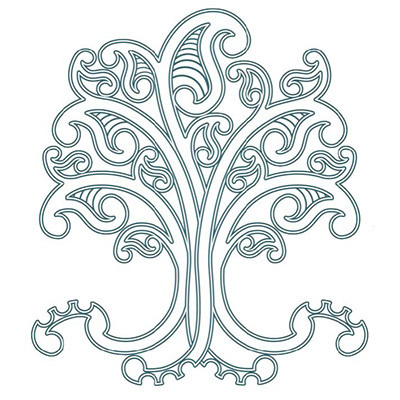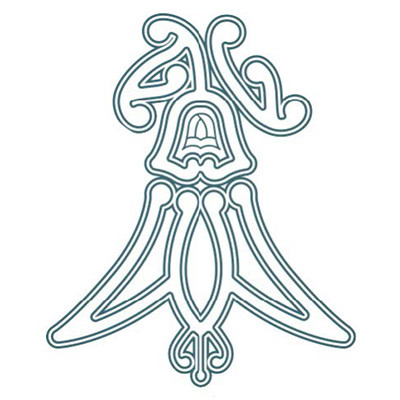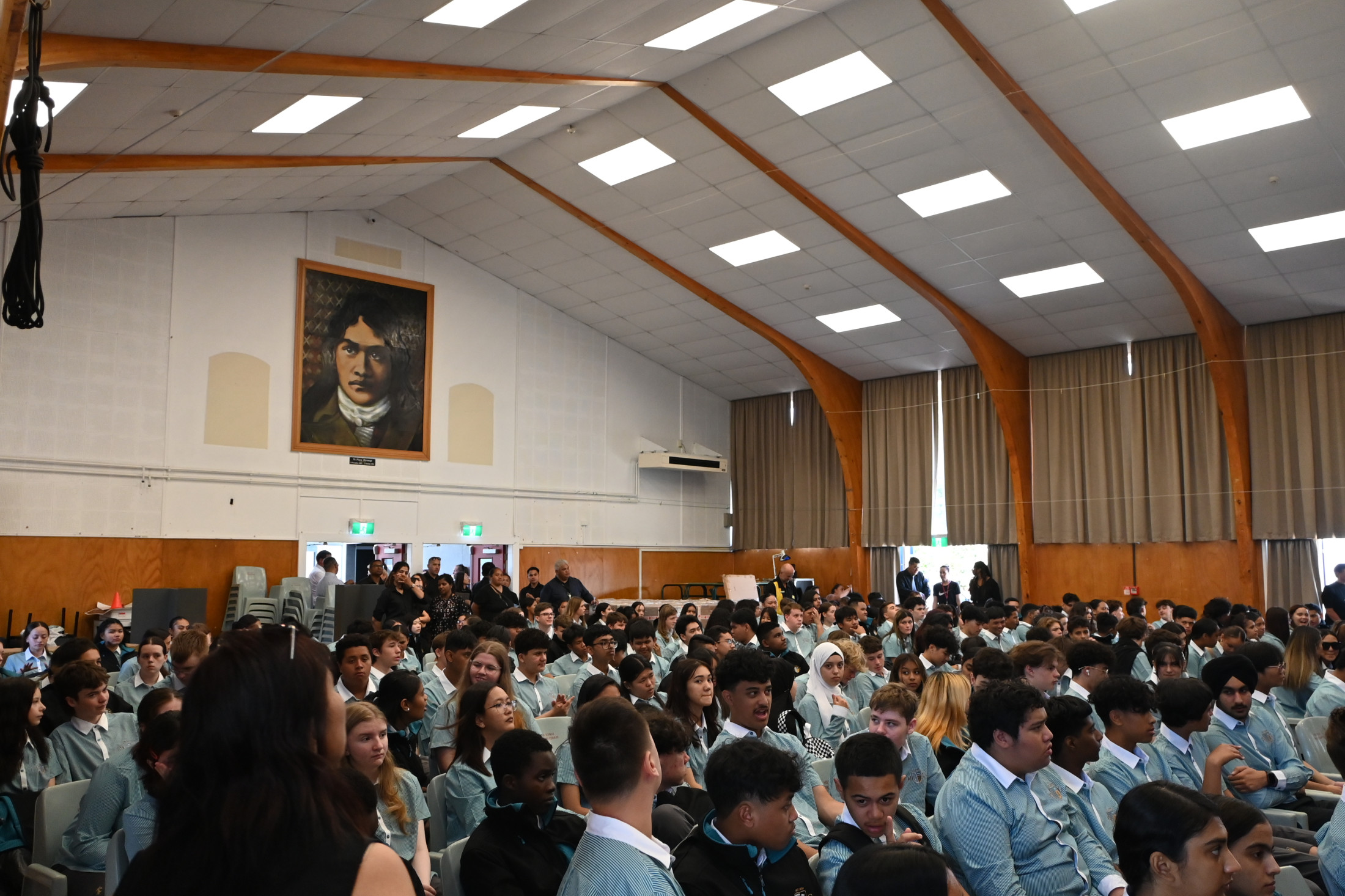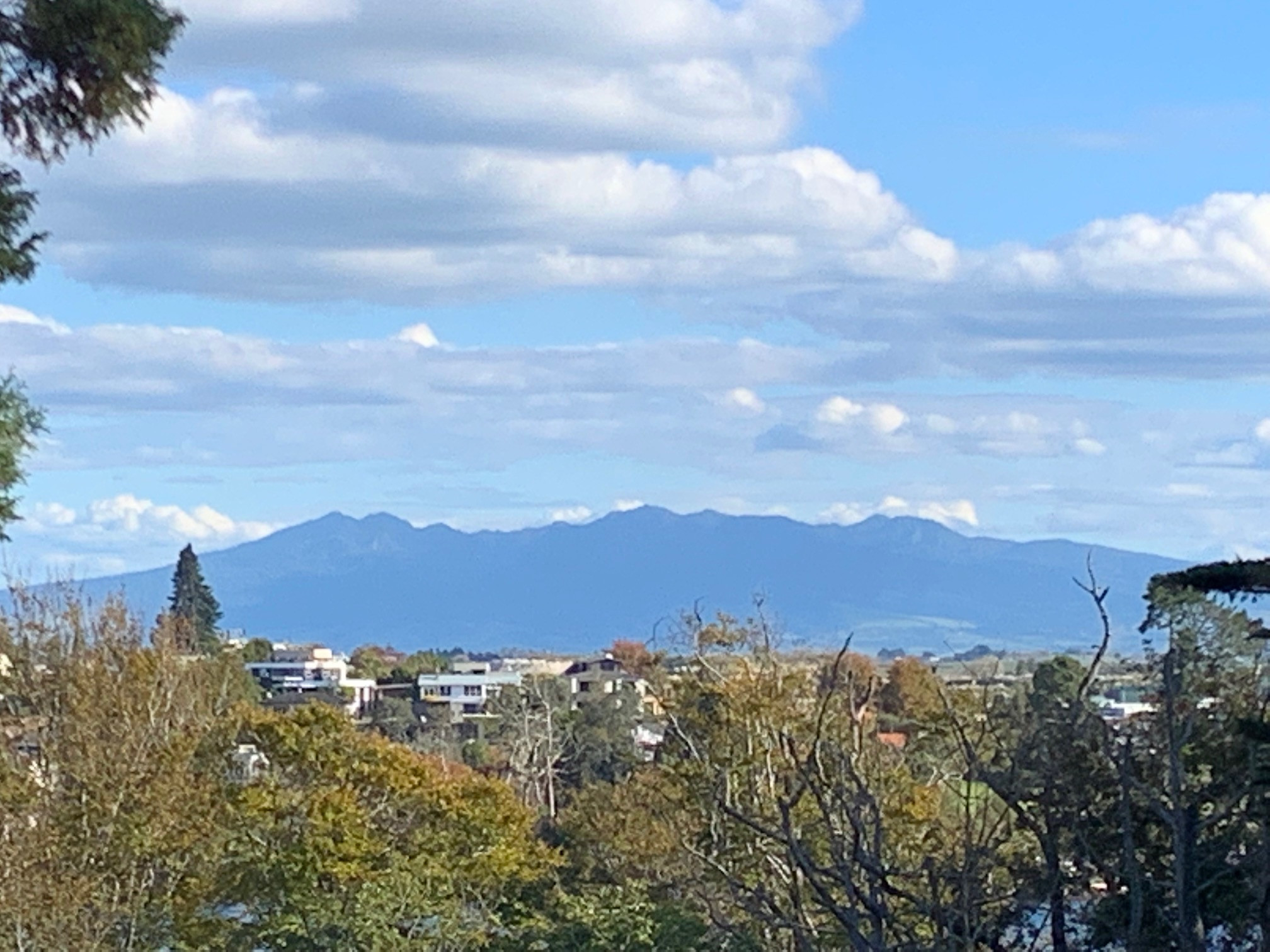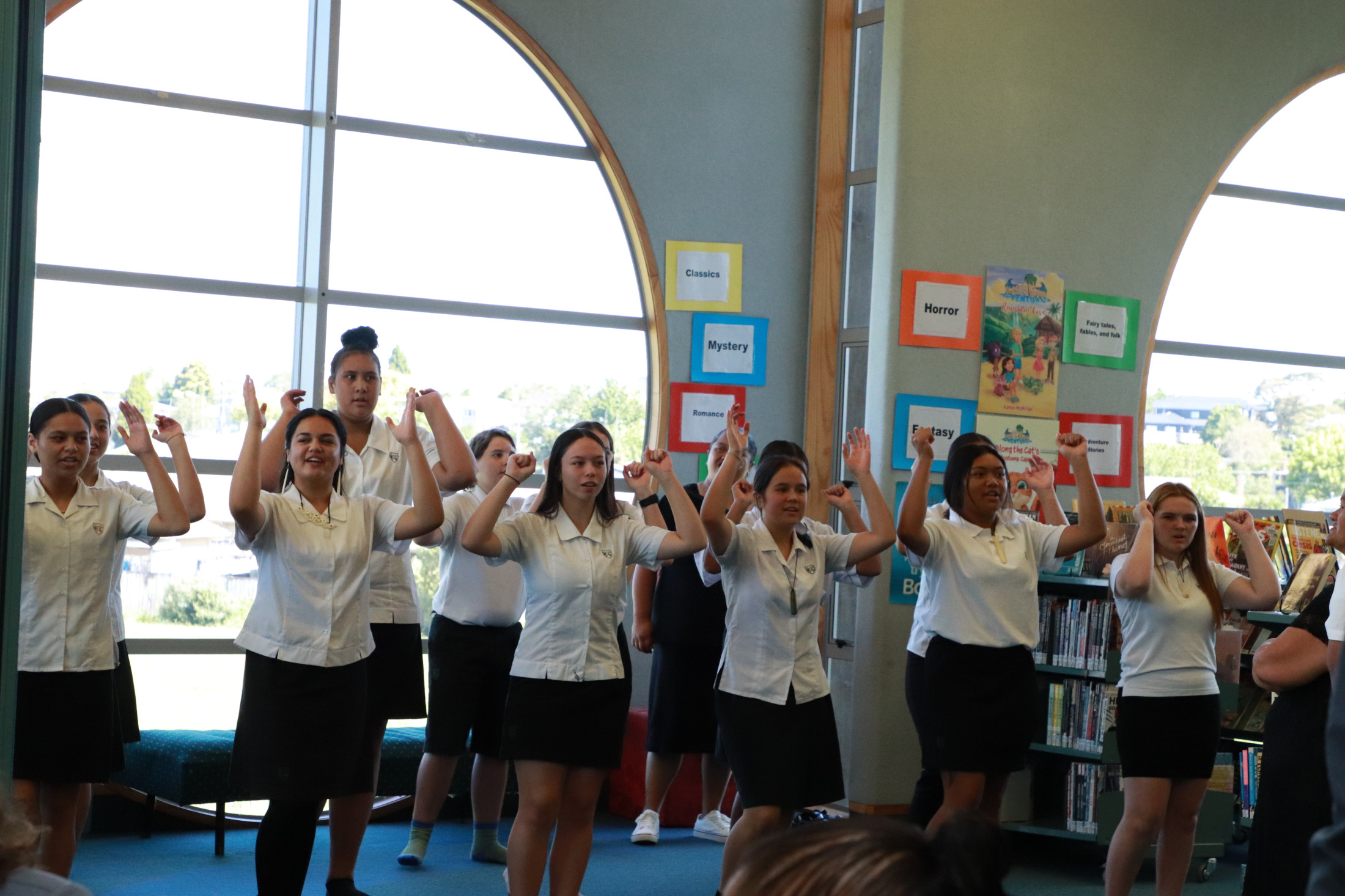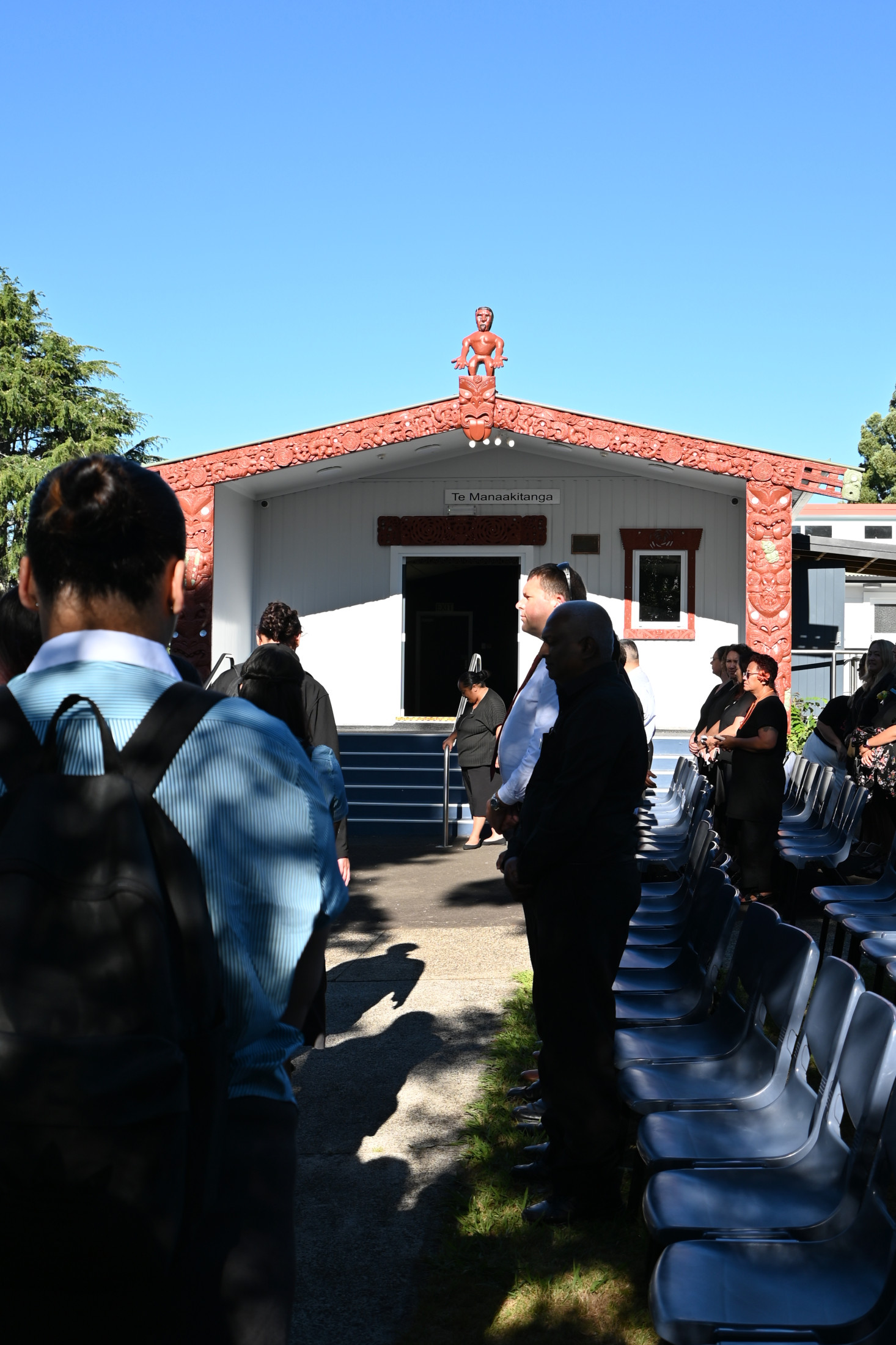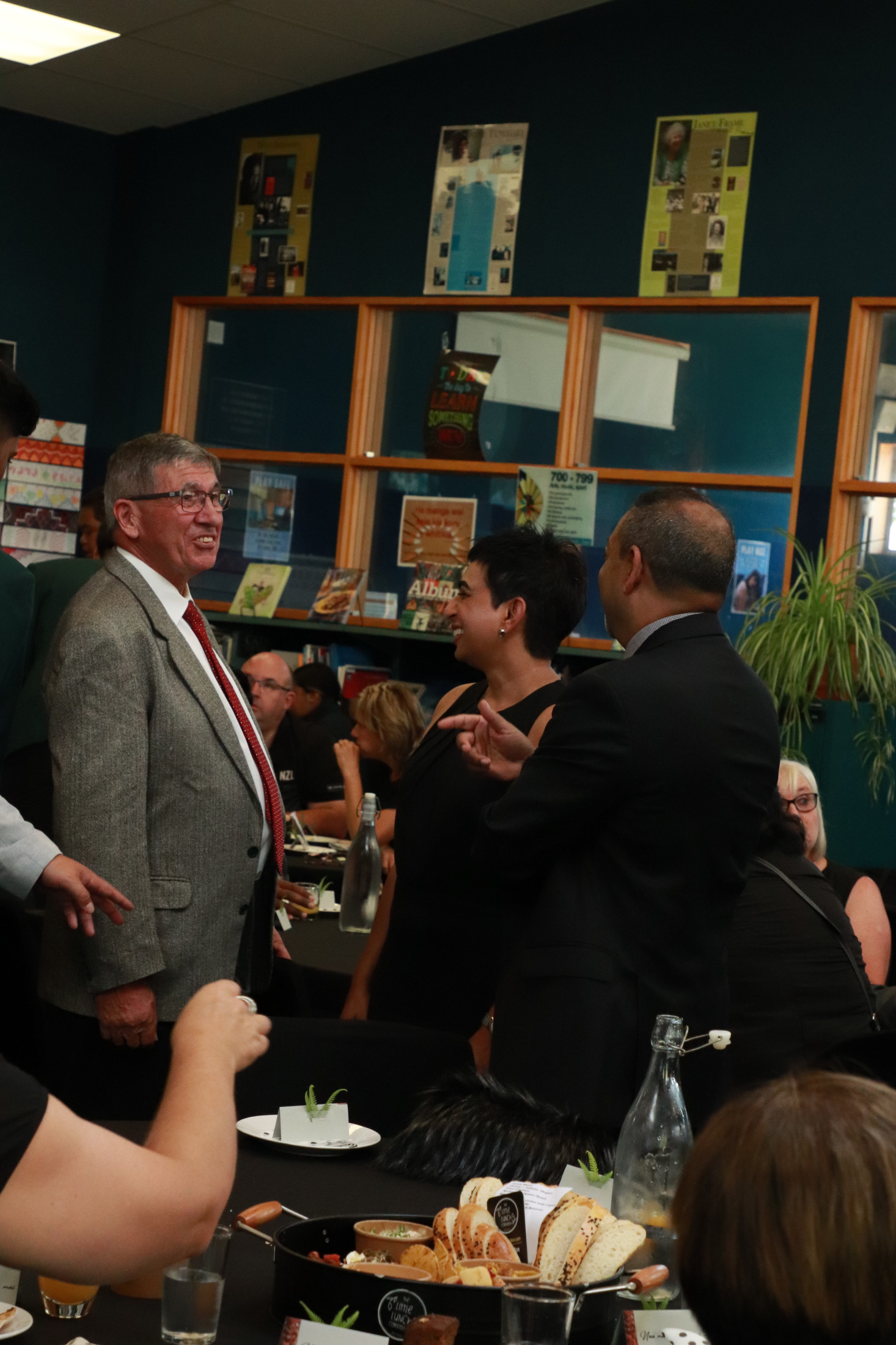Senior School course selection opens on Thu 12 October. We will be visiting Melville High School during this day, to talk with ākonga about the course offered. We will be encouraging ākonga to make their course selection with their parents / whānau. A Whānau Information evening around subject selection will be held on Thu 12 October from 6.00 - 8.00pm in the Melville High School Library.
Junior School selection opens on Mon 16 October. Our team will be visiting each class at Melville Intermediate School, during Block One to discuss our learning programmes and course selection.
Instructions to Ākonga:
Click on your 2024 Year Group and read through the subject outlines. Every Year Group has a set number of subjects you can choose in each area. When you are ready to make your selection, click on the link on the first page of the Google sheet. This will take you to a Google Form. Complete this form to secure your subject choices.

